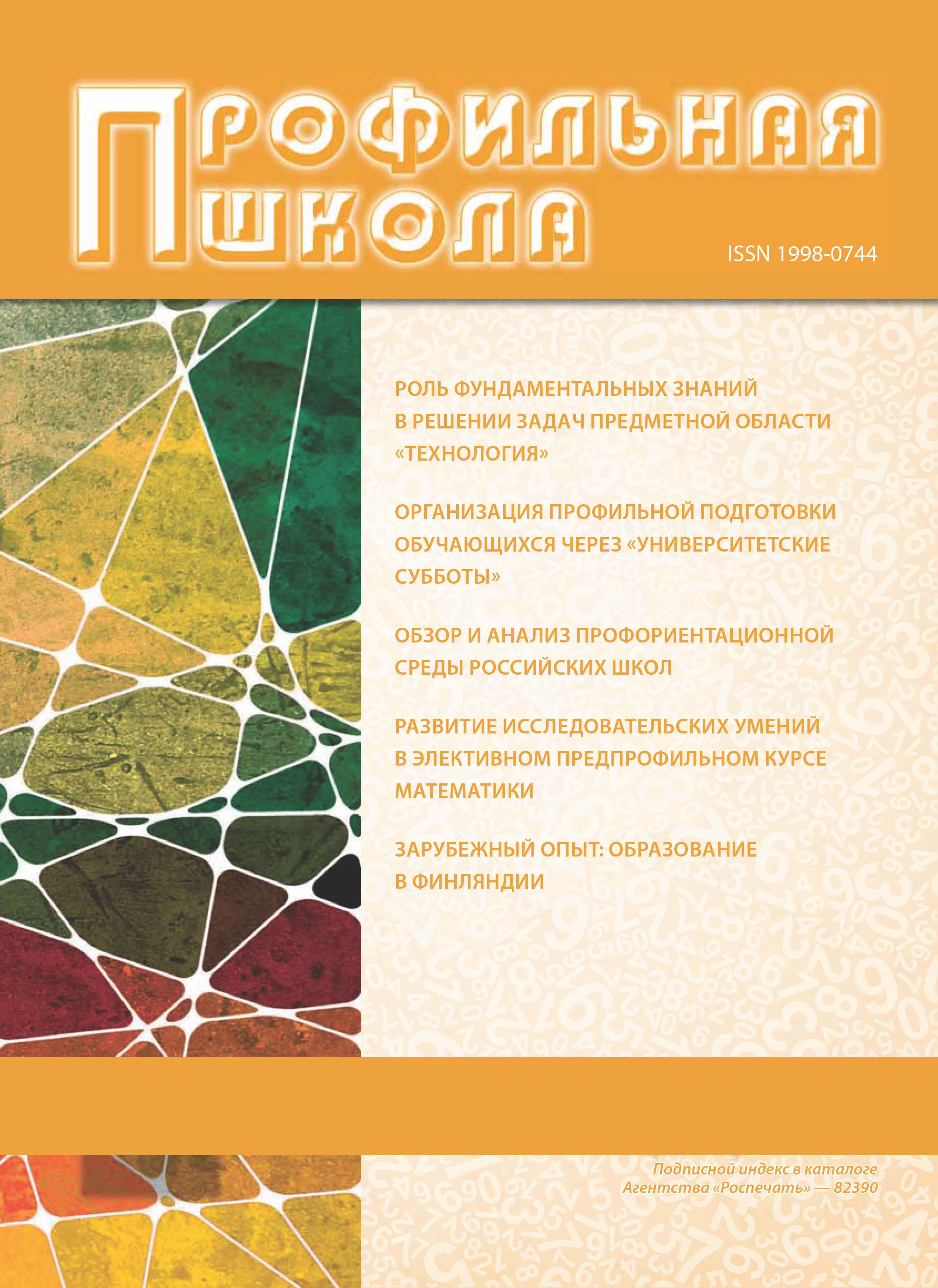Russian Federation
In the conditions of the intensive transformation of modern culture, due to the mass dig-italization of various spheres of society, the traditional education-culture relationship acquires significant features. A significant cultural layer (especially mass culture) is formed in the digital environment. Today's education requires that all subjects of the educational process not only correctly use the artifacts of this culture, but also successfully participate in its creation. One of the key conditions for solving this problem is the formation of a digital culture of employees of the educational organization. And effective management of the development of such a culture becomes an important managerial task of its leader. Of course, such a task requires the head of special competencies, which can be mastered by an effective system of continuing education of the education manager.
management of an educational organization, the formation of digital culture, mass culture
1. Owens T. “Digital Culture is Mass Culture”: An interview with Digital Conservator Dragan Espenschied. / T. Owens // Digital Preservation.-2014. Available at: https://blogs.loc.gov/digitalpreservation/2014/03/digital-culture-is-mass-culture-an-interview-with-digital-conservator-dragan-espenschied
2. Sergeeva I.L. Vzaimodejstvie massovoj kul'tury i social'nyh media (na primere servisa mikroblogginga tvitter) [Interaction of mass culture and social media (on the example of the microblogging service twitter)]. Filosofija i kul'tura [Philosophy and Culture]. 2016, I. 8. DOI: https://doi.org/10.7256/1999-2793.2016.8.18979; EDN: https://elibrary.ru/WZYYIL
3. Bachi V., Fresa A., Pierotti C., Prandoni C. The Digitization Age: Mass Culture is Quality Culture. Challenges for cultural heritage and society // Promoter srl, 2014. Available at: http://www.digitalmeetsculture.net/wp-content/uploads/2014/12/The-Digitization-Age-Mass-Culture-is-Quality-Culture.pdf
4. Gjejbl Je. Cifrovaja transformacija shkol'nogo obrazovanija. Mezhduna-rodnyj opyt, trendy, global'nye rekomendacii [Digital transformation of school education. International experience, trends, global recommendations]. Moscow: NIU VShJe Publ., 2019.
5. Nestik T.A., Soldatova G.U. Osnovnye modeli cifrovoj kompetentnosti [Basic models of digital competence]. Nauka. Kul'tura. Obshhestvo [Science. Culture. Society]. 2016, I. 1, pp. 107-119. EDN: https://elibrary.ru/ZYKSJF
6. Abdurazakov M.M., Gadzhiev D.D., Cvetkova O.N., Tokmazov G.V. Razvi-vajushhij potencial i organizacionnye funkcii cifrovyh tehnologij v so-cializacii studentov [Development potential and organizational functions of digital technologies in the socialization of students]. Azimut nauchnyh issledovanij [Azimuth of scientific research]. 2019, I. 2 (27), pp. 13-19. DOI:https://doi.org/10.26140/anip-2019-0802-0093 EDN: https://elibrary.ru/QUDFMQ
7. Verevkina E.Ju., Kizogjan D.A., Falaleeva D.A., Shherbatyh M.P., Jacenko V.V. Novye zarubezhnye tehnologii v obuchenii: smeshannoe obuchenie [New foreign technologies in teaching: blended learning]. So-vremennye nauchnye issledovanija i razrabotki [Modern research and development]. 2017, I. 9 (17), pp. 90-94. EDN: https://elibrary.ru/YMHWAF
8. Salihova L.F., Idrisov I.R., Smirnov I.A. Stazhirovka rukovoditelej obra-zovatel'nyh organizacij v ramkah kursov povyshenija kvalifikacii kak neobhodimoe uslovie razvitija upravlencheskogo potenciala [Internship for heads of educational organizations within the framework of advanced training courses as a necessary condition for the development of managerial potential]. Otechestvennaja i zarubezhnaja pedagogika [Domestic and foreign pedagogy]. 2016, I. 4 (31), pp. 72-82. EDN: https://elibrary.ru/WJGVUB
9. Tabachuk N.P. Informacionnaja kompetencija lichnosti kak chast' cifro-voj kul'tury obshhestva [Information competence of the individual as part of the digital culture of society]. Problemy vysshego obrazovanija [Problems of higher education]. 2018, I. 1, pp. 200-202. EDN: https://elibrary.ru/UUBAYE
10. Astaf'eva O.N., Nikonorova E.V., Shlykova O.V. Kul'tura v cifrovoj civi-lizacii: novyj jetap osmyslenija strategii budushhego dlja ustojchivogo razvitija [Culture in digital civilization: a new stage in understanding the strategy of the future for sustainable development]. Observatorija kul'tury [Observatory of Culture]. 2018, V. 15, I. 5, pp. 516-531. DOI: https://doi.org/10.25281/2072-3156-2018-15-5-516-531; EDN: https://elibrary.ru/YQICAP
11. Uvarov A.Ju. Model' cifrovoj shkoly i cifrovaja transformacija obra-zovanija [Model of a digital school and digital transformation of education]. Issledovatel' [Researcher]. 2019, I. 1-2 (25-26), pp. 22-37. EDN: https://elibrary.ru/GTOGGY






